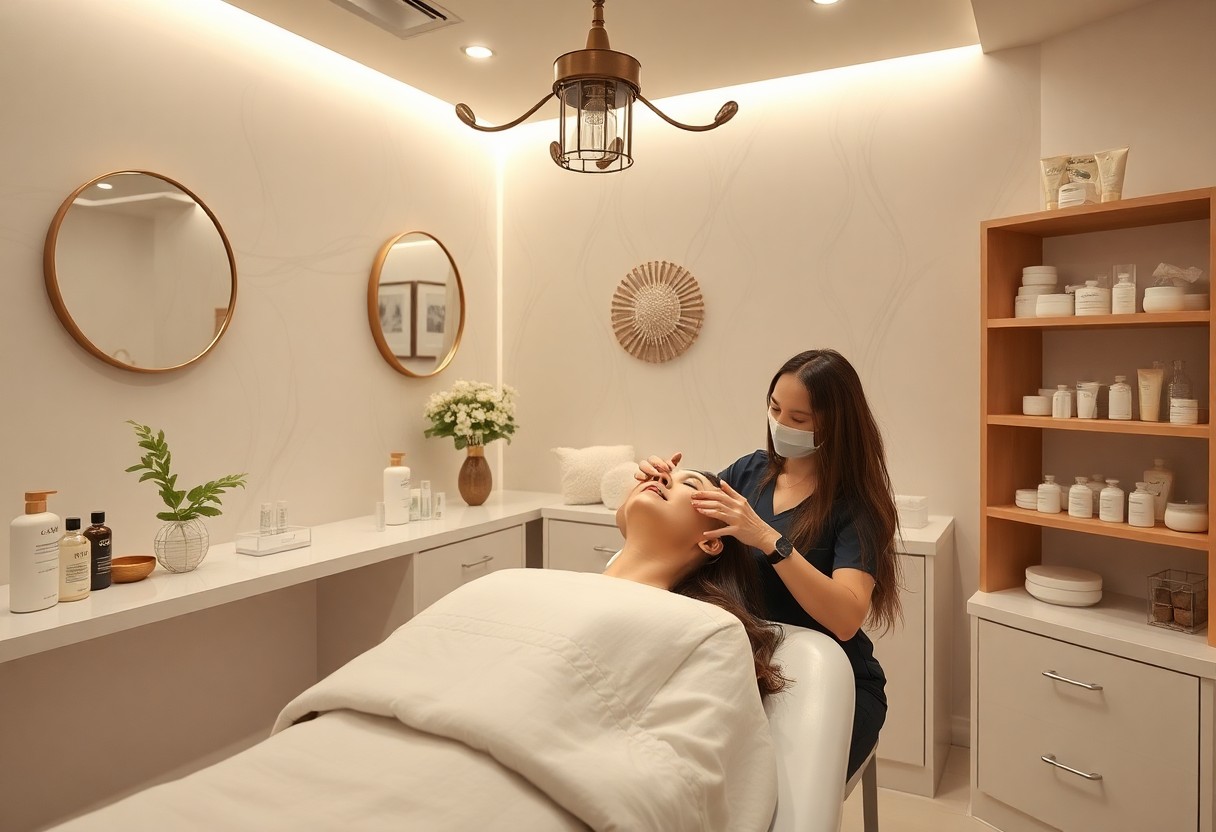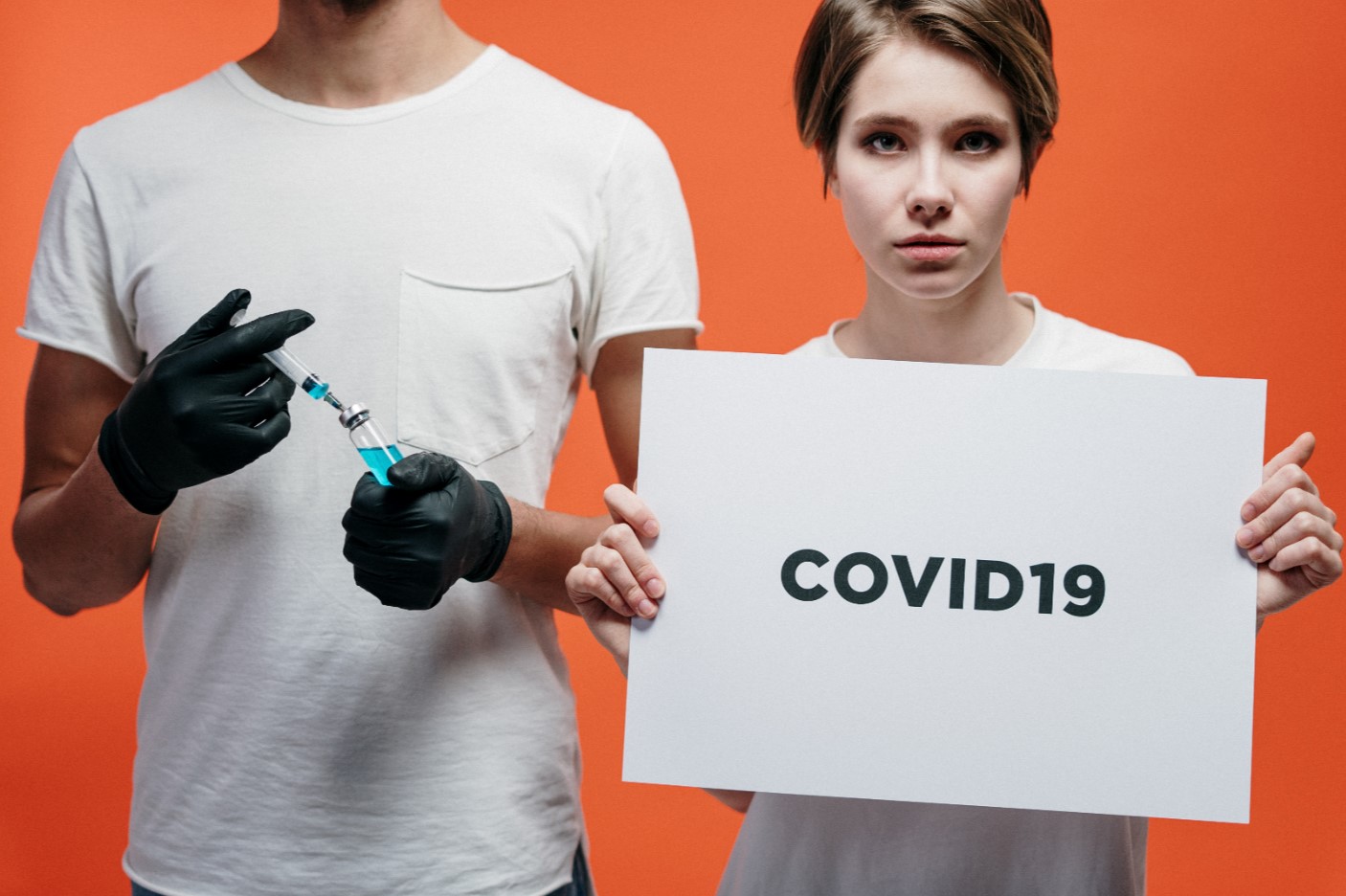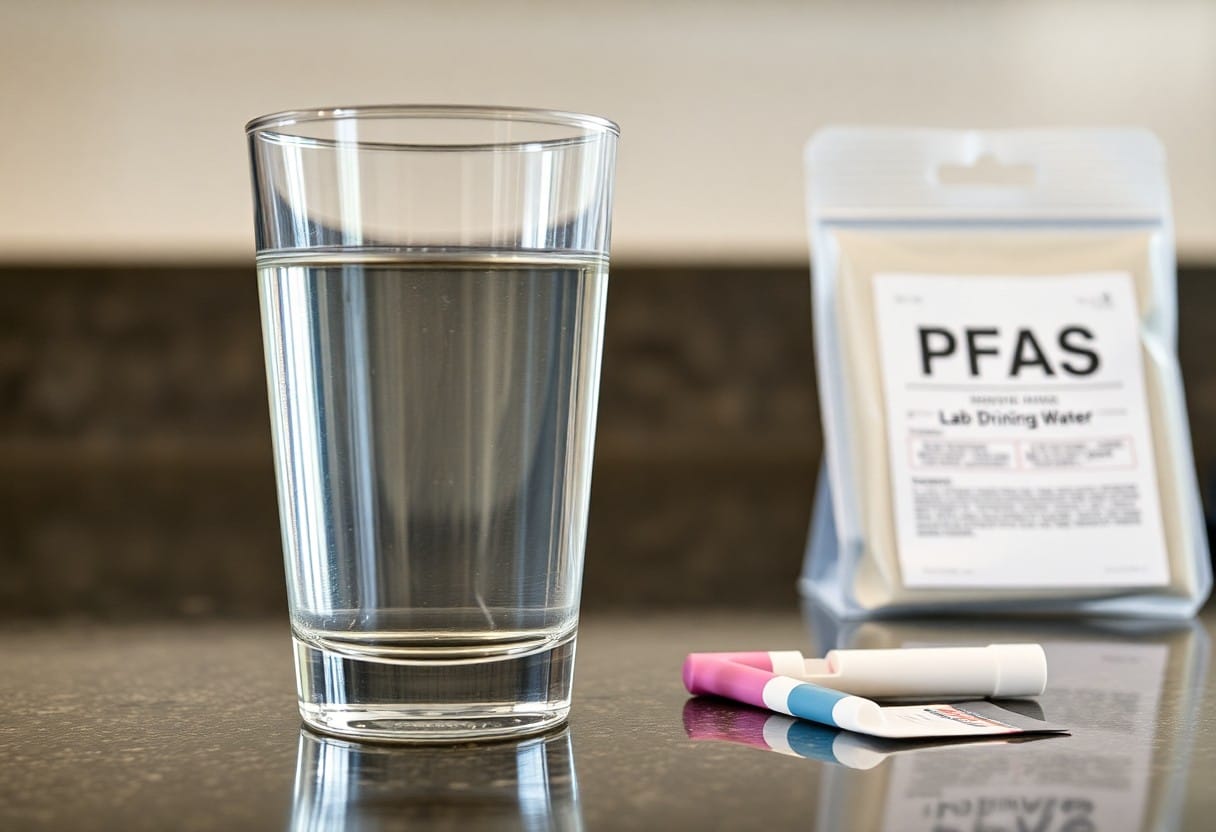There’s a growing concern regarding Depo-Provera, a popular birth control shot, and its potential impact on your mental health. While many women choose this method for its effectiveness, recent studies suggest a link between Depo-Provera and depressive symptoms. It’s necessary for you to be aware of how this contraceptive can influence not only your body but also your mood and emotional well-being. In this post, we’ll research into the possible risks, signs of depression, and alternatives that might better suit your needs.
Understanding Depo-Provera
Before making any decisions about your birth control options, it’s vital to understand what Depo-Provera involves, how it works, and its potential effects on your mental health. This shot, which is administered once every three months, is a hormonal contraceptive that may impact your body and mind in various ways.
What is Depo-Provera?
By administering an injection of the hormone medroxyprogesterone acetate, Depo-Provera prevents ovulation and helps regulate your menstrual cycle. Typically recommended for women looking for a long-term contraceptive solution, this birth control method is known for its convenience and effectiveness.
Mechanism of Action
On a physiological level, Depo-Provera works primarily by preventing ovulation, which means that there is no egg available for fertilization. In addition, it thickens cervical mucus, making it difficult for sperm to reach any potential eggs. This dual-action approach makes it a highly effective contraceptive.
Further understanding the mechanism of action can provide insight into how Depo-Provera affects your body. As it alters hormone levels, particularly progesterone, you may experience changes in mood and other psychological effects. While Depo-Provera is often praised for its convenience, it’s important to be aware that these hormonal changes can have significant implications for your emotional well-being, possibly leading to symptoms of depression in some users. Understanding these aspects will allow you to make a more informed decision about your health choices.
The Link Between Hormonal Birth Control and Mental Health
You may not realize that the hormonal changes induced by birth control methods can significantly impact your mental health. Many users report experiencing mood fluctuations and even depression while on hormonal contraceptives like Depo-Provera. This association highlights the importance of understanding how these medications affect not only your body but also your emotional well-being.
Hormonal Changes and Mood Disorders
Health professionals have observed a connection between hormonal changes and the onset of mood disorders. Variations in hormone levels, especially estrogen and progesterone, can lead to feelings of anxiety and emotional instability, making it crucial to monitor your mental health while using hormonal birth control.
The Role of Neurotransmitters
Between hormonal fluctuations and mental health, neurotransmitters play a vital role in regulating your mood. These chemical messengers, including serotonin and dopamine, are influenced by hormonal changes within your body. When you introduce hormonal birth control, such as Depo-Provera, it can disrupt the balance of these neurotransmitters, potentially leading to symptoms of depression or anxiety.
Hence, it is important to recognize that your mental health may be affected as your body adapts to artificial hormones. The alterations in hormonal levels can disrupt the production and function of neurotransmitters, which are crucial for stabilizing your mood. Understanding this link empowers you to discuss any mental health changes with your healthcare provider, allowing you to make an informed choice about your birth control options.

Evidence of Depression Associated with Depo-Provera
Now, numerous studies and anecdotal evidence suggest a troubling link between Depo-Provera and depression. Many users report experiencing mood swings, anxiety, and depressive symptoms after starting this contraceptive method. While it’s necessary to understand that reactions can vary widely from person to person, being informed about these potential side effects can help you make better decisions regarding your reproductive health.
Research Studies and Findings
Against the backdrop of growing scrutiny, several research studies indicate a possible correlation between the use of Depo-Provera and higher rates of depression among users. Some research has found that women using the shot reported increased episodes of mood disturbances compared to those who do not use it. Understanding these studies can empower you to evaluate your options more critically.
Patient Testimonials
Research indicates that firsthand accounts of Depo-Provera users often highlight significant mood changes, with many women linking their experience with the shot to bouts of anxiety and depression. These testimonials can be an invaluable resource for you, as they provide real insights into the emotional and psychological impact of this contraceptive method.
Another important aspect of the discussion is the diversity of patient testimonials. Many women have shared their stories on online platforms, revealing a range of experiences with Depo-Provera that often include feelings of hopelessness, sadness, and heightened anxiety. These accounts frequently emphasize how quickly their emotional state changed after starting the shot, prompting some to discontinue use due to adverse mental health effects. Hearing these narratives can support you in navigating your birth control options and understanding the potential emotional challenges associated with Depo-Provera.
Risk Factors for Depression in Depo-Provera Users
All individuals considering Depo-Provera should be aware of the potential risk factors for depression associated with this birth control method. Key factors include:
- personal history of depression
- genetic predisposition to mood disorders
- existing hormonal imbalances
- life stressors
Perceiving these risks can help you make an informed choice about your contraceptive options.
Individual Predispositions
At the heart of understanding your risk for depression while using Depo-Provera lies your unique individual predispositions. If you have a history of depression or anxiety, your risk may be heightened. Additionally, consider any genetic factors that could contribute to your mental health. Recognizing these underlying issues is crucial for a comprehensive assessment of how contraception might impact your emotional well-being.
Environmental and Social Factors
Above all, various environmental and social factors can significantly influence your mental health while using Depo-Provera. Important aspects include:
- support systems available to you
- life changes occurring during use
- stressful relationships or situations
- economic stability affecting your overall mood
Perceiving these social dynamics is vital as they may interact with hormonal changes caused by the shot and impact your mental well-being.
Factors such as a stable support system and a positive social environment can mitigate feelings of isolation or stress related to using Depo-Provera. Conversely, experiencing significant life stressors or negative relationships can exacerbate feelings of anxiety and depression. Quality of life elements like economic stability can also play a role in how you cope emotionally during this period. Overall, understanding these influences can provide a clearer picture of how external situations interact with your hormonal health.
Alternatives to Depo-Provera
Once again, it’s vital to explore various alternatives to Depo-Provera that might align better with your health needs and lifestyle. From hormonal options like the Birth Control Pill and the Patch to non-hormonal methods such as the Copper IUD or natural family planning, these alternatives can provide you with the flexibility and control you desire. It’s imperative to discuss all of these choices with your healthcare provider to find the right fit for you.
Other Birth Control Options
Against the backdrop of Depo-Provera, you have numerous birth control options that can suit your preferences and health profile. Options such as the pill, intrauterine devices (IUDs), implants, and even barrier methods like condoms can offer effective pregnancy prevention without the same risks associated with the birth control shot. Understanding these choices can empower you to make a well-informed decision about your reproductive health.
Considerations for Choosing a Method
Choosing the right birth control method requires careful consideration of various factors, including your lifestyle, health status, and personal preferences. Think about how each option may impact your physical and mental health, as well as how convenient it is to use in your daily routine. It’s also important to evaluate potential side effects and consult with your healthcare provider for personalized guidance.
To ensure you select the best birth control method for your situation, evaluate your health history, lifestyle factors, and personal comfort with different methods. Consider how each option aligns with your need for convenience, effectiveness, and management of any potential side effects. Consulting with a qualified healthcare professional can provide you with tailored information and help dispel myths around different methods. This approach can empower you to confidently choose a contraceptive option that meets your unique health needs and supports your overall well-being.
Seeking Help and Support
For anyone experiencing symptoms of depression or other emotional distress while using Depo-Provera, seeking help and support is necessary. Engaging with healthcare professionals, therapists, or support groups can provide you with reliable resources and guidance. Opening up about your feelings and concerns can lead to better understanding and management of your mental health. It’s important to prioritize your well-being and actively seek the support you need.
When to Consult a Healthcare Provider
By noticing persistent feelings of sadness, anxiety, or changes in your mood that affect your daily life, it may be time to consult a healthcare provider. Discussing these symptoms with a professional can help determine whether they are related to Depo-Provera or other underlying issues, and they can guide you towards appropriate treatment options.
Resources for Mental Health Support
Between mental health crisis hotlines, therapy services, and community support groups, there are many resources available to you. Whether you’re seeking a listening ear or professional guidance, finding the right support can make a significant difference in your journey towards better mental health.
Indeed, accessing mental health support can empower you to navigate the challenges posed by depression. Consider reaching out to local or national mental health organizations that offer resources tailored to your needs. Online therapy options, support groups, and hotlines can provide immediate assistance when you need it most. Connecting with others who share similar experiences can foster a sense of community, offering you a safe space to explore your feelings and learn coping strategies. Your mental health is important; taking that first step towards support is a positive action for your overall well-being.
Final Words
Drawing together the insights on Depo-Provera and its potential link to depression reveals the importance of being aware of your health choices. You should consult with your healthcare provider to weigh the benefits and risks of this birth control method, especially if you have a history of mood disorders. Understanding how this shot might affect your mental well-being can empower you to make informed decisions that align with your overall health needs. Your mental health deserves just as much attention as your reproductive health.

















